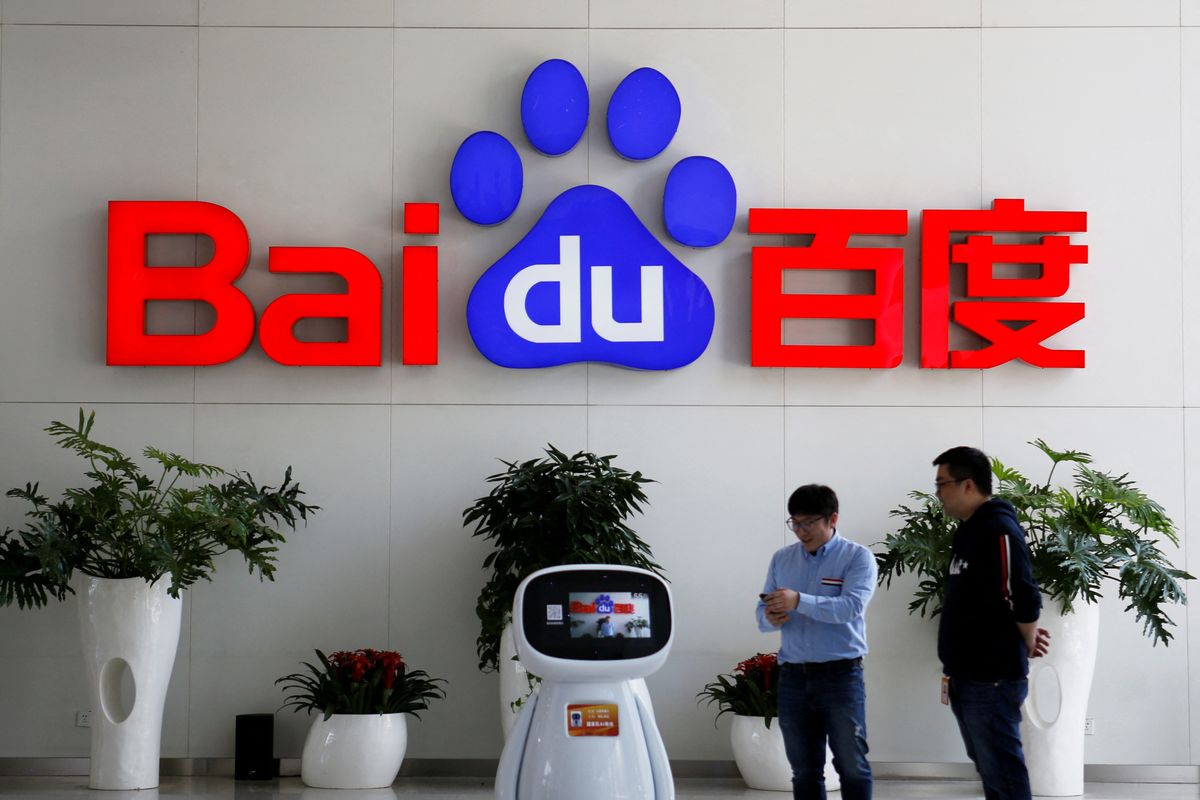China’s President Xi Jinping wants to regulate AI to prevent national security risks
As artificial intelligence progresses super quickly, governments have begun to see it as a threat to national security.

A few minutes every morning is all you need.
Stay up to date on the world's Headlines and Human Stories. It's fun, it's factual, it's fluff-free.
The backstory: As artificial intelligence progresses super quickly, governments have begun to see it as a threat to national security. In fact, in recent months, industry leaders (including some people considered to be at the very forefront of developing AI) have issued warnings about the risks the tech poses to society, even calling for a slowdown of the race to develop the most advanced AI systems.
These tools have the potential to be abused by bad actors, and there’s also the possibility that the tech itself can just go wrong. Sensitive data from different sectors could be exploited through the use of AI, and user privacy can also be at risk via data collection with this tech. So far, the tech industry seems to be trying to limit these threats on its own, without much outside regulation on the part of governments.
More recently: While China wants to be ahead of the curve when it comes to developing new technology, even AI, there are still a lot of questions about the security threats that AI poses. Over the past few months, the Chinese government has been on a campaign to really curb national security threats. It made moves to restrict access to data, cracked down on foreign consulting firms and also built up its counter-espionage laws. A few weeks ago, it also introduced a bill that would make it so all AI products had to be reviewed for security reasons before a wide release.
The development: At a National Security Commission meeting on Tuesday, President Xi and other officials agreed to “improve security governance of network data and artificial intelligence.” At the meeting, there was a lot of emphasis on how difficult and complicated the national security problems facing China have become with all of this generative AI technology. Xi wants the government to be prepared for “worst-case and extreme scenarios.” He’s pulling for new security architecture to combat this new threat.
Key comments:
“We must be prepared for worst-case and extreme scenarios, and be ready to withstand the major test of high winds, choppy waters, and even dangerous storms,” the official news agency Xinhua reported as a readout of the meeting.
“People are going to increasingly come to us and rely on generative AI for everything from intelligence analysis, to targeting, to planning supply chain resupply. Anything that human beings do, AI could, at least in theory, do as well if not better,” said Paul Rosenzweig, former deputy assistant secretary for policy at the US Department of Homeland Security.
“Mitigating the risk of extinction from AI should be a global priority alongside other societal-scale risks such as pandemics and nuclear war,” said a statement on the Center for AI Safety’s website posted this past Tuesday.




Comments ()